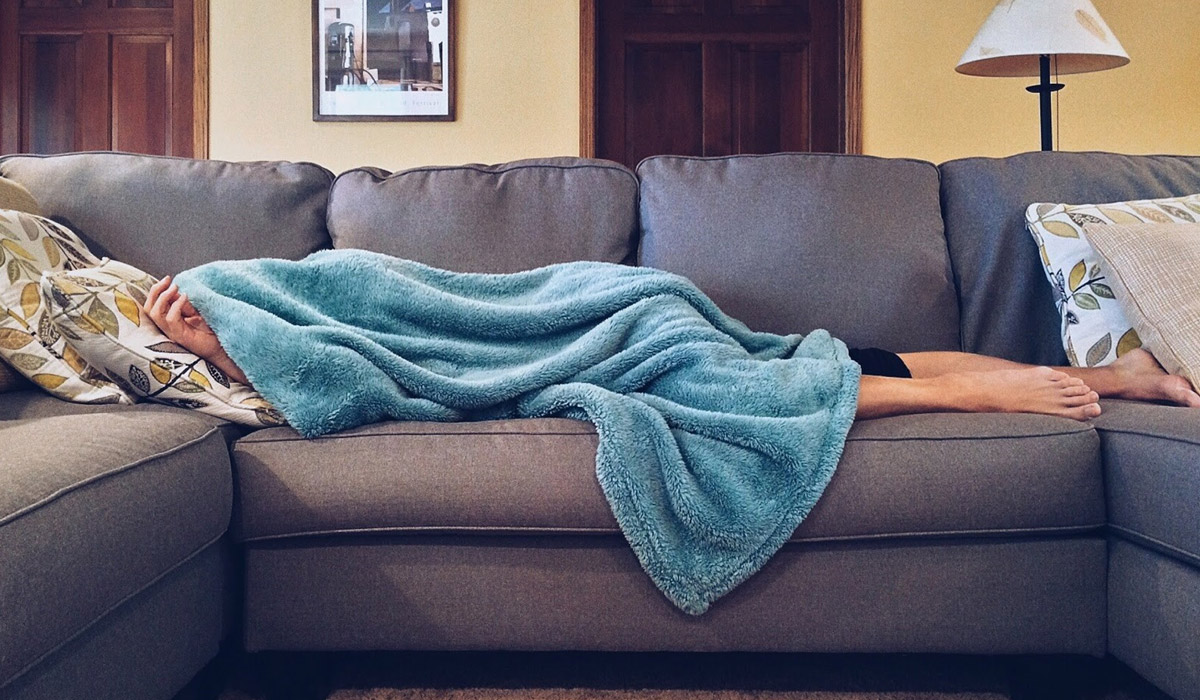Teeth grinding, also known as bruxism, is when people clench their jaws and cause their upper and lower teeth to rub together. It usually happens while people sleep, making breaking the habit difficult. Bruxism can also occur while awake, although it is most common while sleeping.
Aside from contributing to tooth decay and pain, bruxism can affect bone structure and facial muscles. People with severe bruxism sometimes break teeth or damage restorative dental work.
If your bruxism is mild, you may not need to seek out treatment. When the grinding causes pain, it’s essential to consult your dental care provider.
If you believe you are suffering from symptoms of bruxism, contact your dentist in NW Calgary today. We would be happy to treat any of your smile-related concerns. But first, acquaint yourself with everything you need about bruxism to determine whether you have this condition.
The Causes of Bruxism
Bruxism is a modern mystery. Doctors don’t understand what causes bruxism, but many suspect it results from genetic, psychological, and physical factors. Sleep bruxism is thought to be caused by sleep arousal, whereas emotions like anxiety or stress may cause awake bruxism.
Here are some of the symptoms of bruxism:
- Noisy clenching or grinding. You may be able to tell if you sleep with someone else and the sound wakes them up
- Chipped, broken, or flattened teeth
- Tooth sensitivity or incessant pain
- Damage on the inside of your cheek caused by chewing
- Weakened tooth enamel
- Pain that feels like it originates from your ear
- Headache beginning in your temples
- Sore jaw muscles or lock-jaw
- Disrupted sleep
You must see a dentist if you are routinely experiencing any of these symptoms.
Factors That Increase Your Risk of Developing Bruxism
Several things can cause the onset of bruxism. Stress is one of the most significant contributing factors. Other related emotions can cause it as well, like anxiety or anger. Your personality can even affect whether or not you struggle with bruxism. If you are a competitive or hyperactive type, you are more likely to develop the condition.
Teeth grinding is most present in children, and in childhood cases, it usually disappears by adulthood. Sleep bruxism is common if you have a family history of it. It is also commonly associated with mental disorders or medical conditions like:
- Dementia
- Parkinson’s disease
- Epilepsy
- Night terrors
- Sleep apnea
- ADHD
Although not common, teeth grinding can be a side effect of some medications like antidepressants. You are at an increased risk of bruxism if you:
- Habitually smoke
- Drink alcohol
- Use recreational drugs
- Drink caffeine
Evaluation & Diagnosis
Bruxism sometimes a slow progression, so your dentist may need to examine your teeth several times to determine if there are any significant changes to the structure of your teeth. From here, they can determine whether or not you need treatment.
To determine your candidacy for treatment, your dentist will ask general questions about your dental health, daily routine, sleeping habits, and medications you are taking. They will look for tenderness in your jaw muscles, damaged or broken teeth, or damage to the inside of your cheeks.
Getting a bruxism exam may even reveal some other disorders that can cause jaw pain. That’s another reason why it is vitally important that you consult a dental professional when dealing with any of these symptoms.
Treating Bruxism
Generally, people don’t require treatment for teeth grinding because it is either an outgrown habit or doesn’t reach a point of severity that calls for treatment. In severe cases, there are several dental procedures, medications, and therapies to help with the symptoms of bruxism:
- Mouthguards or splints. These small tools are designed to separate your teeth and prevent damage caused by clenching, rubbing, and grinding. They are usually acrylic and fitted over lower or upper teeth.
- If the grinding has caused increased tooth sensitivity or diminished your ability to chew properly, your dentist might need to reshape the surface of those teeth or install crowns.
- Muscle relaxants are commonly prescribed to people with bruxism. Your doctor might recommend that you take these before bedtime.
- In cases where a mental disorder causes bruxism, your doctor might prescribe antidepressants to combat anxiety or depression, thus easing symptoms of teeth grinding.
- Botox injections are helpful for people who don’t respond to other treatments. The injections freeze the jaw muscle, which helps with clenching and grinding.
Anxiety is commonly a cause of teeth grinding. By treating the anxiety, usually, bruxism disappears as well. Engage in activities that promote relaxation or enlist the help of a therapist.
Ways to Treat Bruxism at Home
While you must visit a dentist if you are experiencing these symptoms, here are some home remedies to ease your discomfort before your dentist appointment:
- Don’t drink caffeine or tea late at night; avoid drinking alcohol too late. These substances can cause bruxism flare-ups.
- Make sure your sleep habits are healthy. If you are dealing with any sleep disorders, treat those because they may be causing you to grind your teeth.
- Manage your stress by doing things that relax you, like meditating or listening to music.
- If you sleep with a partner, ask them to note any grinding sounds you may make while sleeping. When you do get a chance to visit a dentist, you can relay this information to them.
- Schedule dental exams regularly. Many dental issues can be caught before the point of severity if you see your dentist often.
These treatment methods are easy ways to prevent your bruxism condition. However, follow up with a dentist appointment to ensure your situation is decreasing.

